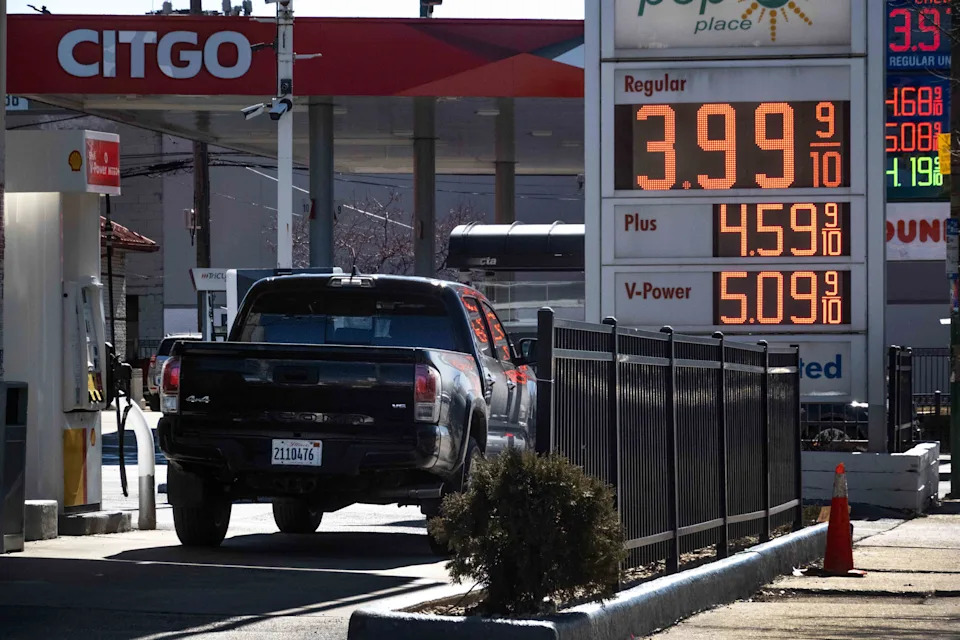What To Expect From Thursday's Inflation Report

Key Takeaways
Consumer price increases likely slowed in March due to cheaper gas, but forecasters don't expect the low inflation to survive President Donald Trump's tariff spree.
A Bureau of Labor Statistics report on the Consumer Price Index Thursday is likely to show the inflation gauge rose 2.5% over the last 12 months in March, down from a 2.8% annual increase in February, according to a survey of economists by
Dow Jones Newswires
and
The Wall Street Journal
. That would be the lowest annual inflation rate since September, as falling energy prices helped out household budgets.
If the report matches expectations, it would suggest that the post-pandemic burst of inflation is continuing to fade. However, beyond March, the outlook largely depends on President Donald Trump's
sweeping array of tariffs
announced over the last few weeks.
Tariffs on
cars
,
steel, aluminum
, and goods imported from
most countries in the world
were due to kick in in April, and economists expect import taxes will push up the prices of many consumer products in the coming months.
The tariffs may already be influencing consumer prices. Economists are watching for signs of a
20% tariff on Chinese products
, imposed in March, to show up in the CPI figures. On top of that, auto prices may have been driven higher after
shoppers flocked to dealerships
to get ahead of the tariffs before they went into effect April 4. Auto price increases could contribute to a jump in "core" CPI prices, which exclude volatile prices for food and energy, economists at Nomura predicted.
Many forecasters were basing their projections on the assumption that Trump will implement less severe tariffs than the ones he announced on "Liberation Day" last week, after negotiating with trading partners. Forecasters at UBS said annual inflation could surge as high as 5% if the tariffs are not rolled back soon.
"The magnitude of damage they could cause to the U.S. economy makes one’s rational mind regard the possibility of them sticking as low," Bhanu Baweja, a strategist at UBS, wrote in a commentary.
Read the original article on Investopedia

